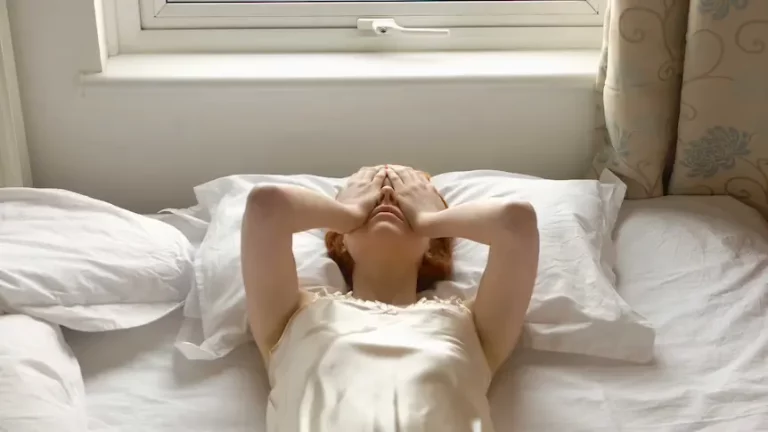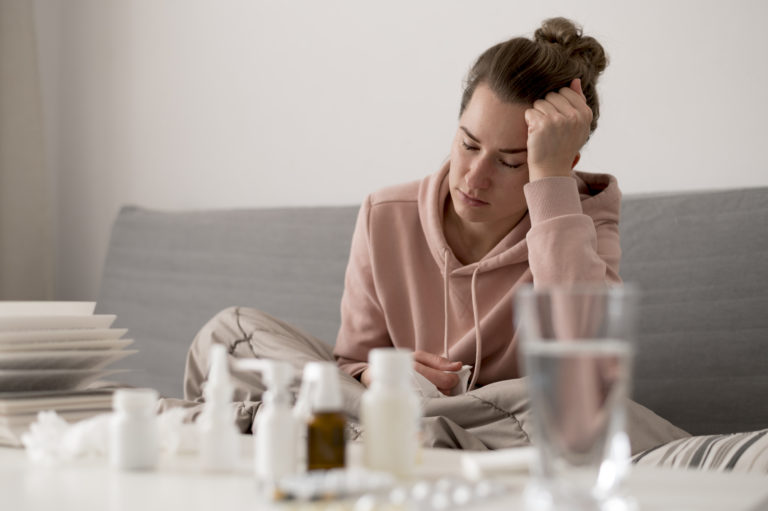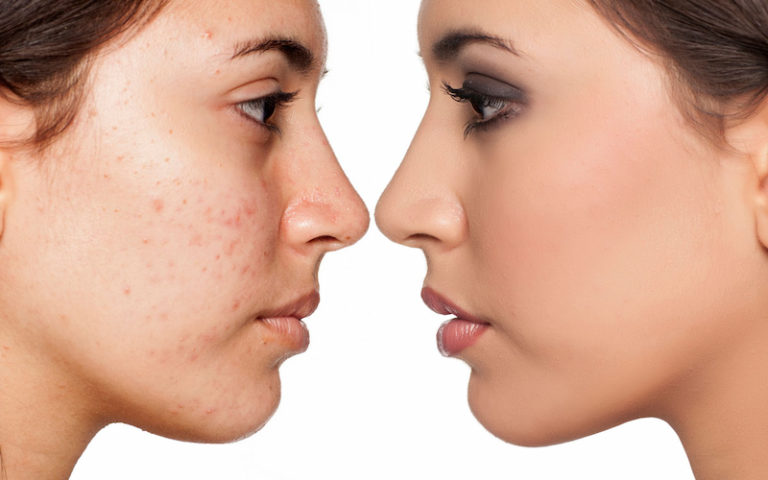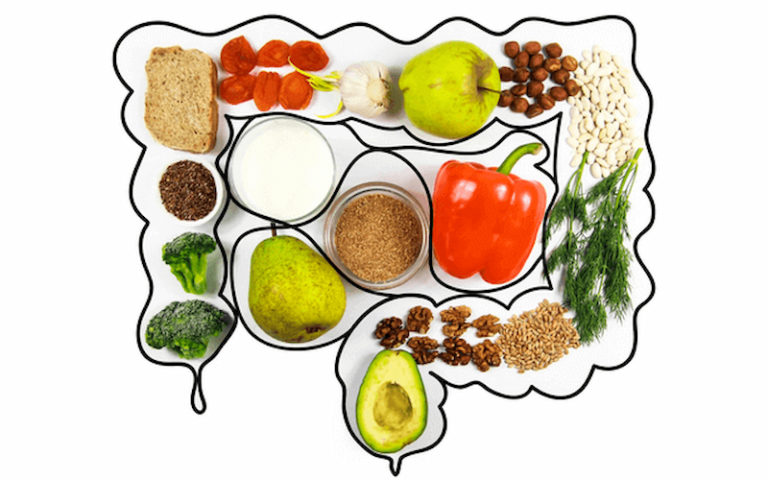Is getting the right amount of sunlight essential for health? Yes, it is
Sunlight is essential for human physical well-being and mental health. Exposing your body to the optimal duration of sunlight has proven to be a natural mood booster and results in many health benefits.
Studies have shown many advantages to enjoying the sun. But it is equally important to practice moderation and protect your skin from getting burned.
Moderate exposure to the sun is necessary to carry out certain critical functions in the body.
Health Benefits of Sunlight
Sunlight is significant to producing vitamin D in the body. When UVB rays hit human skin, it interacts with 7-DHC, starting the cascade to make vitamin D3.
Is vitamin D important? Yes, it helps in the following:
- The growth and development of healthy bones and teeth
- Manage calcium and phosphorus levels in the body
- Reduces inflammation
- Support immune function and reduces the risk of auto-immune diseases
- Facilitate communication between your brain and body
- In 20% of cases, it fights off infection
It decreases the risk of:
- Alzheimer’s disease
- Cancer such as skin cancer, colon cancer, and prostate cancer
- Type 2 diabetes
- Heart disease
- Risk of multiple sclerosis.
Deficiency in vitamin D will lead to:
- Bone diseases like
- Osteoporosis in adults and rickets in children
- Decrease in bone density leading to frequent bone fracture
- Impaired wound healing
- Depression
- Hair loss
- Back pain
Sunlight is a Natural Happy-Booster
When your skin soaks up the sunrays, your brain releases certain hormones like serotonin. This hormone is responsible for better moods, calmness, increased happiness, and staying focused.
An increase in serotonin level will help you overcome Seasonal Affective Disorder (SAD), Anxiety, and Depression. People with mental health problems will notice worsening of symptoms during a season with little sun exposure.
Effect of Sunlight on Sleep, Alertness, and Circadian Clock
Studies have shown that after a day in the sun, a person falls asleep effortlessly, and that’s because sunlight has a significant impact on melatonin, a sleep hormone.
The Circadian rhythm clock is an internal clock in the brain and is affected by light exposure.
When your body gets exposed to natural light, a circadian rhythm gets synchronized with sunrise and sunset, that is, staying awake during the day and sleeping when it’s dark. This synchronicity is the dance of life that we have with nature. We seem to have lost our way a bit with staying indoors and exposing ourselves to artificial light a lot.
Moderate Exposure: a Doctor’s Preferred Approach to Sun Time
Though sun is a natural healer, if you expose too long on unhealthy skin you can cause harm. The number one cause for concern with the sun is, are you inflamed? Sugar, toxins, etc are big causes of inflammation. Do you have too much sugar in your system, in which case you will caramelize and hurt yourself?
A graded exposure of your skin to the sun for a limited period, as you work on fixing the causes of inflammation within yourself, helps to avoid skin cancer, aging, cataract, and other harmful effects.
How do we manage sun exposure without overexposure? Researchers have found the amount of sun you need in a day:
- Early morning sunlight: 5-10 minutes of exposure of your skin to early morning sunlight will maintain your circadian clock and help you fall asleep effortlessly in the evening.
- Mid-day sunlight: 10-15 minutes of exposure of your skin to high noon sunlight will help your body produce vitamin D, however, this is based on your skin type and the amount of body you have exposed, season of the year etc. Using an app called D minder to find the optimal time to catch the mid-day sun in your area is very helpful, it also lets you know when you have had too much sun.
- Light out at night: cutting out bright lights, TV, Computers, and phone after sunset will help you fall asleep quickly and improve your sleep quality. If it becomes necessary to use these products, do so using Blue light-blocking glasses and turning the devices to night mode.
What is Med?
Minimal Erythema Dose (MED) is the amount of sunlight that produces sunburn or redness caused by the engorgement of capillaries. It usually takes 15 minutes for pale skin and 45 minutes for dark skin to get the Minimal Erythema Dose.
Exposing 80% of your skin to the sun until you get MED (redness) will of vitamin D in the body. Your app will let you know how much you have produced without burning.
None of this is medical advice, simply the benefits of using natural light to heal.
Please consult your physician before you embark on this so that you can use nature to heal you, however, done responsibly and meaningfully.
functional Medicine center Atlanta will help you






